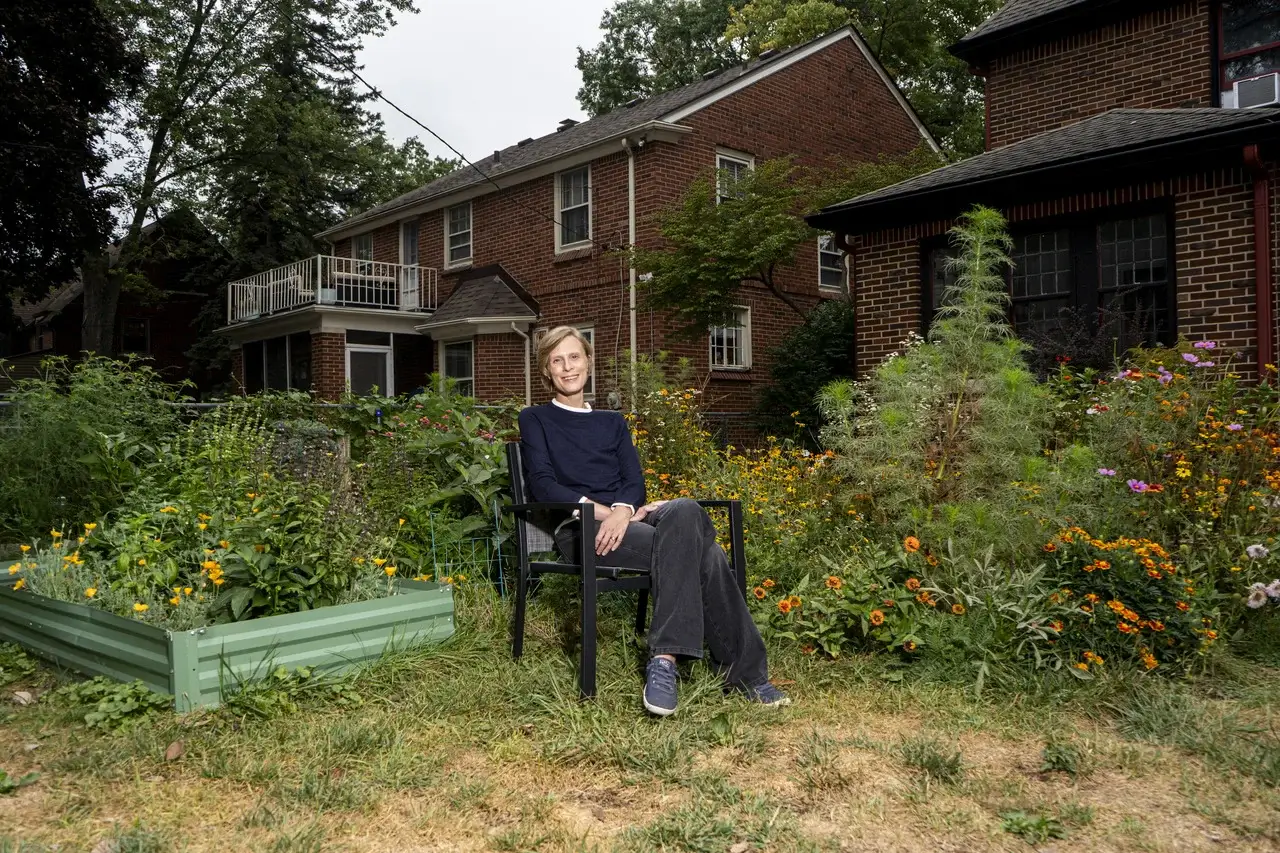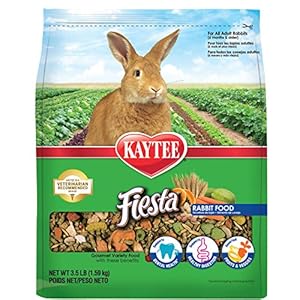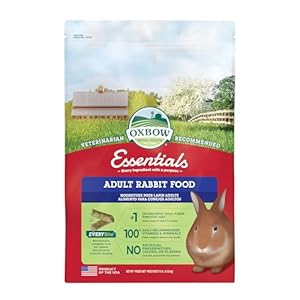
That is the second story in “The Healing Soil: Detroit’s Urban Farms,” a three-part sequence being co-published with Outlier Media and Planet Detroit, and is supported by the Michigan Health Endowment Fund.
At 46 years previous, Heidi Penix was recognized with breast most cancers.
A Michigan native, she had simply moved again from Texas to begin a brand new job after dropping hers as a result of pandemic. However issues had been trying up: She additionally bought her first house, in Detroit’s College District.
Penix wasn’t a farmer by any means, however she had been a believer within the food sovereignty movement. Her new house got here with a yard left in disrepair after years of emptiness, so she contacted Keep Growing Detroit, a company devoted to meals sovereignty, to purchase seeds to begin a backyard.
On the identical day, Penix was scheduled to select up her seeds, she had a health care provider’s appointment. That’s when she acquired the analysis.
Video credit score: Reel Intelligent Movies, Planet Detroit and Outlier Media
“It’s at all times, now, so related to most cancers for me,” Penix mentioned about that seed pickup after leaving the physician. On the drive, she recalled saying, “We obtained to get the crops!” and “This can be a actually necessary factor. We simply obtained to get it.”
Penix, now 48, has had a double mastectomy, however not too long ago discovered she has stage IV most cancers with a metastatic bone lesion. Although the bodily battle is grueling, she remembers how tending to the backyard grew to become a psychological and emotional lifeline throughout her first remedy part. Rising one thing in her yard, nonetheless small, gave Penix a way of objective and a purpose to maintain occurring the hardest days, she mentioned.
‘Once I couldn’t do the rest, I had this backyard’
Penix’s backyard is a canvas of organized chaos. It started with distinct sections: greens on one facet, wildflowers on the opposite, and plastic fork prongs poking as much as hold squirrels from strolling on the vegetation.

Over time, nature had its approach. Flowers like zinnias and black-eyed Susans, as soon as deliberately planted in a single part, started to unfold. The marigolds, cosmos and calendula had been now joined by goldenrod and poppies, making a vibrant but untamed area.
However Penix hadn’t at all times pictured herself as a gardener.
“I bear in mind once I put the primary seeds within the floor, I believed, ‘Properly, that is pointless. Nothing’s going to occur,’” Penix mentioned, laughing. “Then I bear in mind when the primary little seedlings got here up, simply feeling like I had performed magic. I used to be like, ‘That is the best factor I’ve ever seen.’”
At first, Penix mentioned, managing her backyard was difficult, particularly with the unpredictability of her remedy schedule. City gardening isn’t nearly rising meals: It additionally gives bodily advantages, notably for individuals recovering from chronic illnesses like cancer. Analysis has proven that mild bodily exercise, resembling gardening, can assist sufferers stay mobile and in good spirits throughout restoration. A study of Detroit’s urban gardeners printed within the Worldwide Journal of Environmental Analysis and Public Well being discovered that gardeners reported improved moods, diminished stress and higher administration of continual circumstances.
The analysis hit Penix arduous. She didn’t have a household historical past of the illness. Typically, the backyard was the one exercise she had the vitality for. Weeding, watering or just being within the yard grew to become a type of remedy.
“I used to be sick, and I used to be actually depressed, and issues form of fell aside for me. After which I had this yard,” Penix mentioned. “It’s the place I simply wished to spend probably the most time. It’s been this ongoing frustration: Plan the backyard. Get actually excited. Then it’s like, ‘Properly, I’ve to have one other surgical procedure (and) can’t use my arms proper after I planted. After which all the pieces form of falls aside. … After which once I was actually mad, I might pull weeds. So it was a superb outlet.”
A brand new outlook on meals
Penix now researches harm and violence prevention in a public well being grasp’s program at Johns Hopkins College. She’s educated within the area now, however initially, she knew little in regards to the impression of wholesome meals on general well-being.
Her most cancers journey confirmed her the significance of what individuals devour and the way environments form well being. Penix began specializing in addressing points on the root, moderately than solely treating signs with medicine.
“I discovered how necessary inexperienced area is to each a part of the human well being expertise,” Penix mentioned. “I take into consideration how necessary having the inexperienced areas is to individuals. And being related to the earth and having the ability to have management of the meals methods and having the ability to use land to have the ability to develop wholesome meals I feel is a extremely necessary factor.”
Penix grows tomatoes, cucumbers, lettuce, eggplants and beans to make use of in her meals. (Although, her husband says, she generally goes overboard with sure produce). Rising produce helped improve her fruit and vegetable consumption to improve her diet. Analysis exhibits produce begins to lose its nutrients as quickly as it’s harvested, making recent meals your best option.

Penix mentioned city farming additionally helped her study extra about what goes into in our meals, like pesticides and different brokers she considers to be dangerous, though some specialists preserve these chemical substances are secure.
Kate Bauer, an affiliate professor of dietary sciences on the College of Michigan, emphasised that any pesticide residue on meals is safe for eating and that there isn’t a lot analysis that claims pesticide-free or “natural” meals supply extra dietary advantages than nonorganic meals.
“Meals is fairly wholesome, even when it doesn’t look excellent,” Bauer mentioned, noting to by no means eat meals that appears expired or rotten. “It’s undoubtedly extra necessary to make use of your cash to get as a lot recent produce as you may that your loved ones can deal with and eat and (to have) a range.”
Because the flowers in her backyard pale with the arrival of fall, Penix mentioned she felt each a way of disappointment and peace. Her method to city gardening has develop into a metaphor for all times: It’s about letting issues bloom, develop and fall when the time comes.
“It’s a continuing means of studying what it takes to maintain issues alive,” Penix mentioned, including that the backyard “is an ecosystem that I’m not answerable for. It wants tending, it must be saved refreshed. … It’s unhappy to see all my goldenrods simply fade as a result of these are so fairly.
“It’s that tough time to let issues form of be with out form of aggressively pruning, attempting to make issues fairly. Simply let it fade. I’m attempting to be good with that.”
Trending Merchandise










